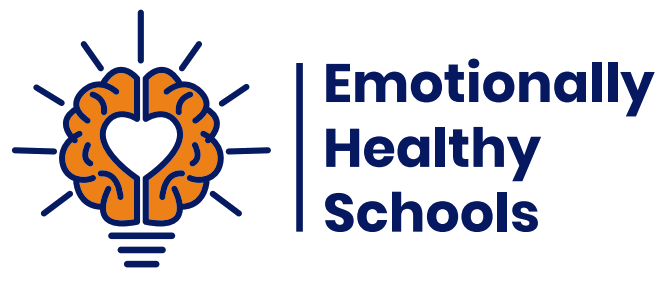Written by Simon Wild: DSLMH, Redwood Primary School
Since schools closed to the majority of children, my role in school has entirely changed, from a Year 4 class teacher and Designated Senior Lead for Mental Health, to ‘COVID-19 Logistics Manager’. Each day, I run a delivery service, driving to the houses of all our most vulnerable families to deliver free school dinners. We also had groceries donated by the local ASDA and I filled the boot of my car to deliver bags of shopping to some of our more vulnerable families. I have also been delivering home learning packs and stationary for families struggling with access to computers or the internet so that their children can continue to have an education through this crisis. It is clear that self-isolation means very different things to different families. Some families are stuck indoors, living in poor and crowded conditions.
As teachers, we are ambitious for our children and want them to continue to receive a quality education. However, from my visits, I could hear that some parents were feeling overwhelmed by the school work and regular prompts and suggestions from school about how they could home school their children. We have since reviewed the way we communicate with our families about home schooling to ensure that we are not adding additional pressure. We have slowed down with the amount of messages and work being sent out, giving them just enough to manage each day and no expectations that they need to do it all. We also encourage them to do enjoyable tasks instead, such as cooking or gardening together.
For many families, my visits are the only face to face interaction they have, and they are an opportunity to talk and get some emotional support. Visiting our families is proving to be invaluable and is doing a really good thing for mental health. Even after the first week, you can see the impact that isolation can have, which is why we’re are prioritising face to face contact with our most vulnerable families for as long as we are able to do so.
